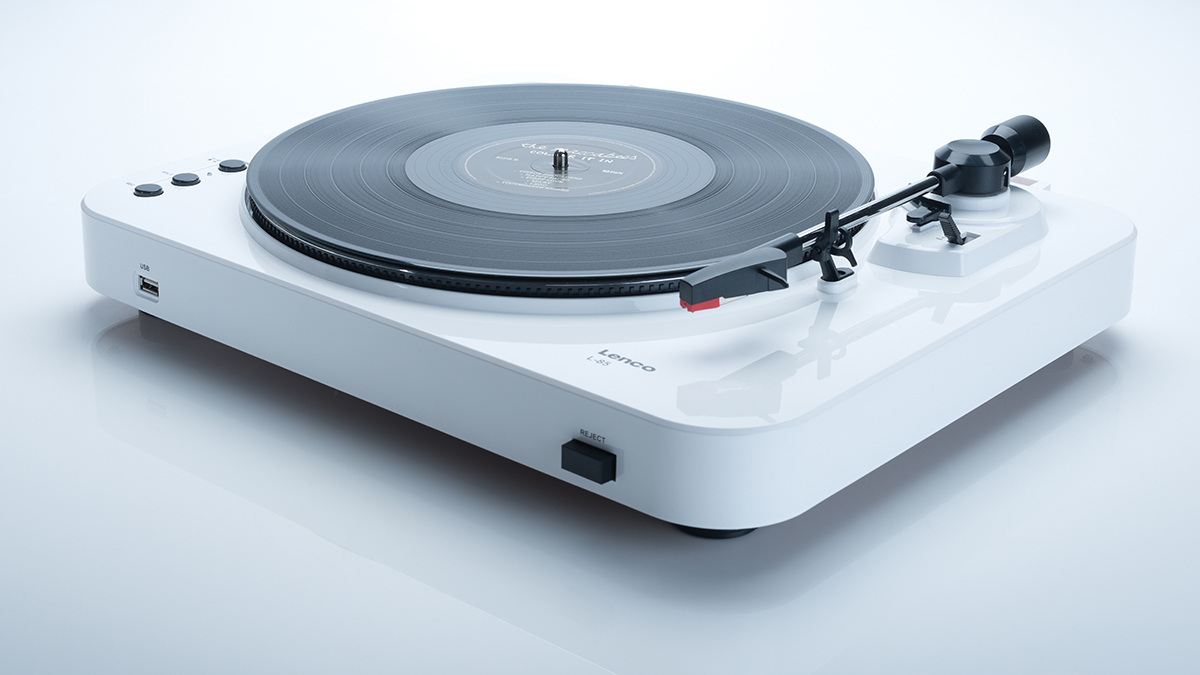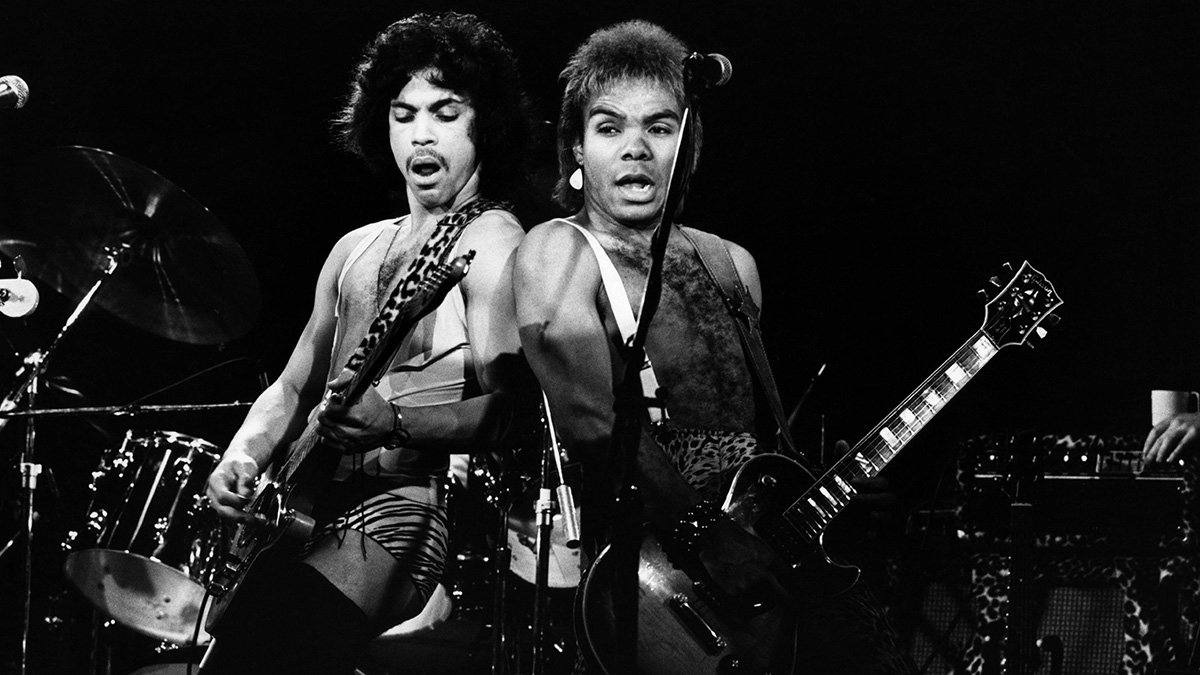It’s official: vinyl is now bigger than PlayStation (sort of)
Sales continue to rise, but the cassette revival seems to have been overstated

OK, we’re having you on a bit with that headline, but new data released by the Entertainment Retailers Association (ERA) indicates that vinyl has now overtaken PlayStation games, DVDs and CDs to become the second most popular form of physical entertainment in the UK.
Despite well-documented production bottlenecks, the resurgent format now trails only to physical Nintendo Switch games, having enjoyed a 12.2% rise in sales in the past year. The research indicates that UK music fans have so far spent £80.9m on vinyl LPs in 2022 - that’s 20% more than they’ve shelled out on CDs.
Commenting on the figures, ERA CEO Kim Bayley said: ”Vinyl’s rise and rise seems unstoppable. For a 74-year-old analogue format to eclipse the digital-age technology of games platforms is quite extraordinary. Ten years into its long climb back to favour, the vinyl revival is most definitely here to stay.”
Of course, these figures ignore the fact that a lot of video games are purchased digitally these days, but vinyl’s resurgence is still pretty remarkable. Not everyone is over the moon about it, though; back in July, Ableton Live co-creator argued that the CD is a better option for people who still want to be able to hold their music in their hands.
“I still love physical products,” he said, “but manufacturing big heavy plates of plastic and have [sic] them shipped around the globe is a huge waste of energy and resources.”
One music format that hasn’t made the ERA’s list of top-selling physical entertainment formats is the cassette, so maybe that revival has been somewhat overstated.
Get the MusicRadar Newsletter
Want all the hottest music and gear news, reviews, deals, features and more, direct to your inbox? Sign up here.

I’m the Deputy Editor of MusicRadar, having worked on the site since its launch in 2007. I previously spent eight years working on our sister magazine, Computer Music. I’ve been playing the piano, gigging in bands and failing to finish tracks at home for more than 30 years, 24 of which I’ve also spent writing about music and the ever-changing technology used to make it.
"At first the tension was unbelievable. Johnny was really cold, Dee Dee was OK but Joey was a sweetheart": The story of the Ramones' recording of Baby I Love You
"Reggae is more freeform than the blues. But more important, reggae is for everyone": Bob Marley and the Wailers' Catch a Fire, track-by-track









